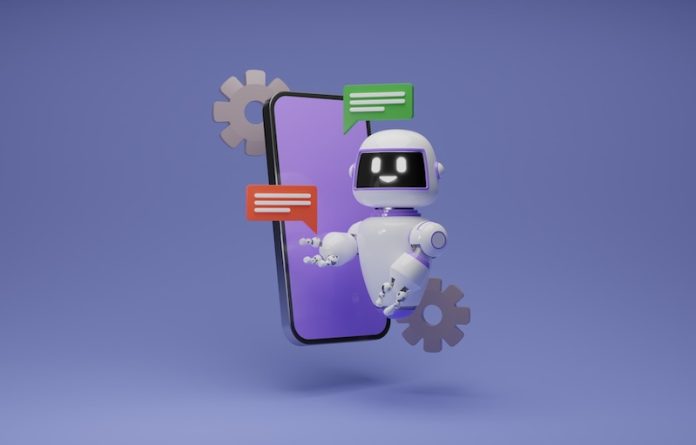
The use of artificial intelligence in healthcare has taken another step forward, with ChatGPT proving its potential in the field of allergy and asthma misinformation.
At the American College of Allergy, Asthma and Immunology (ACAAI) Annual Scientific Meeting, a new study demonstrated that ChatGPT could correctly assess the accuracy of common allergy myths with a high success rate.
High Success Rate in Myth Assessment
The study, led by Dr. Ricardo Estrada-Mendizabal, involved ChatGPT evaluating the truthfulness of ten widespread allergy myths, and it managed to rate them accurately 91% of the time.
This performance highlights the tool’s potential as a source of medical information for patients and professionals alike.
The research team used data from PubMed and Google Scholar to gather information on allergy myths from 2000 to 2023.
They then presented these myths to ChatGPT, which gave its verdict on their veracity. A group of 24 allergists rated ChatGPT’s responses using a Likert scale to determine accuracy.
Results and Allergist Perspectives
ChatGPT’s most accurate response concerned the interpretation of positive allergy tests, while its assessment of hypoallergenic animals for people with asthma and allergies was less accurate.
Despite some inaccuracies, a significant majority of allergists expressed willingness to use ChatGPT for patient education in the future.
Caution and Future Research
While these findings are promising, the authors call for caution and further research. Since ChatGPT cannot provide references for its responses, there is still a need for validation and checks to ensure the information provided is based on credible medical data and guidelines.
The study suggests that AI language models like ChatGPT could become valuable tools in combating the spread of medical misinformation.
With more research and validation, these models may help enhance patient education by quickly providing accurate information about common health myths and concerns.
In summary, the study from the ACAAI meeting indicates a potential role for AI language models in medical communication, although the need for further studies and interpretation of their validity remains.
As AI continues to evolve, it may become an increasingly useful resource in healthcare settings, supplementing the knowledge and expertise of medical professionals.
If you care about nutrition, please read studies that ultra-processed foods may make you feel depressed, and Vitamin D could help reduce depression symptoms.
For more information about nutrition, please see the recent studies about why pizza is a very addictive food, and MIND diet could improve cognitive health in older people.
Follow us on Twitter for more articles about this topic.
Copyright © 2023 Knowridge Science Report. All rights reserved.



